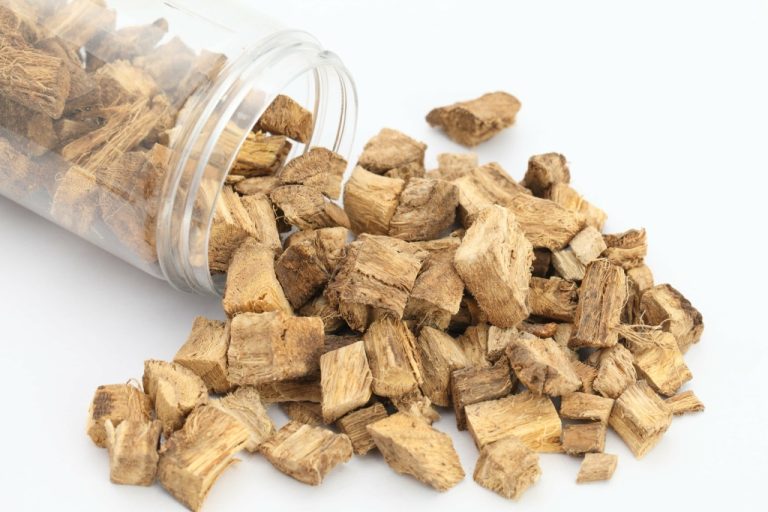Therefore, in terms of alcohol content, a can of beer is roughly equivalent to a glass of wine or a shot of spirits. It’s also worth noting that fatty foods are particularly effective at slowing alcohol absorption, which is why greasy foods are often craved during hangovers. However, this doesn’t mean that eating fatty foods before drinking is a free pass to consume alcohol irresponsibly. This old adage suggests that the order in which you consume different types of alcohol affects how sick you’ll feel afterward. However, there’s no scientific evidence to support this claim.

Can drinking alcohol cure a hangover?

The reasoning behind this idea is that red wine contains an antioxidant compound known as flavonoids. Flavonoids are cardioprotective, but you’d have to drink a lot of wine to benefit. By that point, you’ve counteracted any health-related benefit by exposing yourself to the damaging effects of alcohol. As a neuroscientist and behavioral change coach, I’ve had many eye-opening conversations with clients about drug addiction the truths around alcohol.
- However, most cases of opioid addiction start with legitimate prescription use.
- Anyone can become addicted, given the right circumstances and risk factors.
- So, it doesn’t matter how many cups of coffee you consume, your body is still going to need time to metabolize the alcohol.
- We all know that many people start drinking when they face serious problems in their personal lives.
Many Teens Drink Alcohol Frequently
- So this means that binge drinkers who pass out at bars are considered addicts.
- However, statistics like this cover up the fact that addiction does not know age boundaries.
- OUD, for example, is an acquired relapsing disease that dysregulates cognition and goal-directed behavior, changing the person in many ways.
- Also, a person who is too intoxicated can’t consent to sexual activity.
- You see, gum doesn’t stay in your stomach—it just moves quickly through your digestive system and exits through your stool.
It’s true, that we often look to consume alcohol, especially at parties or on holidays to enhance our energy levels, but all alcohol does is interfere with normal brain activity. It shuts off executive functions like judgment and natural inhibitions. You should keep in mind that alcohol affects people differently based on a lot of factors, such as body weight, metabolism, and tolerance. So, listening to all those persuading advertising is not the best idea. If you are drunk, nothing will help make you sober except time.
Myth: Drinking isn’t a problem as long as you can hold your liquor.
Despite being productive, individuals can face significant internal struggles related to substance abuse. This misconception stems from the belief that addiction only affects those who exhibit visible signs of impairment in their personal and professional lives. Some assume that people who maintain successful careers, have stable relationships, and what are some common myths and facts about alcohol seem to have their “lives together” cannot possibly live with substance abuse.
- A definitive 1995 meta-analysis published in the Journal of the American Medical Association found that sugar in children’s diets does not affect their behavior.
- Conversely, some of the more dubious claims have turned out to have a grain of truth in them.
- In reality, alcohol actually lowers your core body temperature, according to an oft-cited 2005 study published in the scientific journal Alcohol.
- Misinformation can create stigmatizing preconceived notions about substance use disorders.
- For example, not all addictions will require detox or residential treatment.

This process is continued as long as https://mark-langer.com/2025/09/23/alternatives-to-alcohol-10-drinks-you-ll-actually/ alcohol is present in the body. Alcohol shouldn’t be consumed before sleep, even if in the moment it feels like it’s helping. Doctors have studied what beer does to our bodies and it has been shown that it interrupts deep sleep, causes you to take up later on feeling bad and not rested. People with long-term (chronic) pain sometimes use alcohol to help manage pain.



